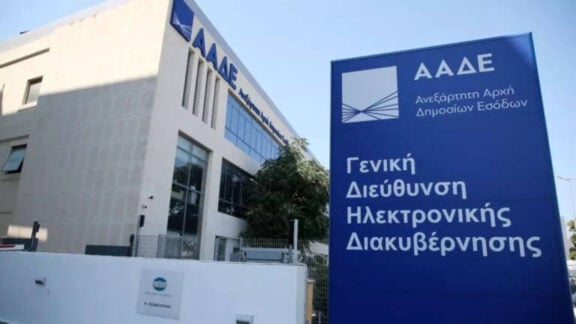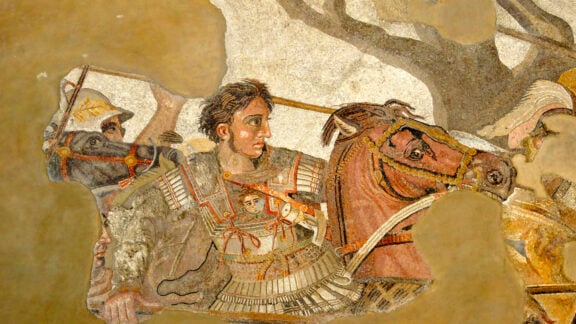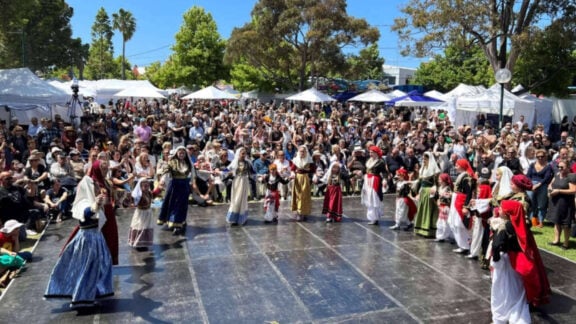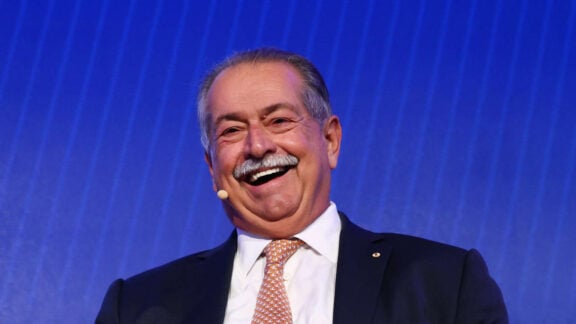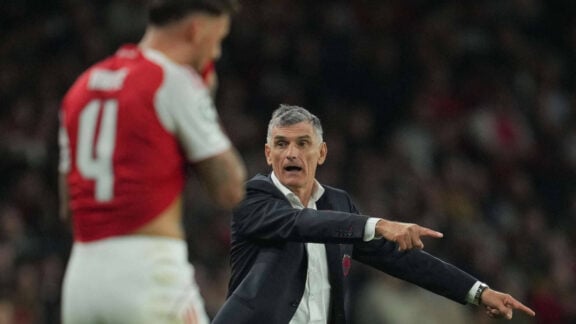Archbishop Stylianos has revealed the Greek Orthodox Church is not immune to child sex abuse cases a week after the Church fronted the Victorian parliamentary inquiry on the issue denying culpability.
The Archbishop believes that no religious organisation is immune, as the pattern of abuse isn’t an organisational problem, but a human one.
“Religious organisations, which consist of human beings, even as clergymen, can never be regarded in advance as immune of such criminal acts,” he told Neos Kosmos.
At the inquiry, Bishop Iakovos of Miletoupolis denied there were any cases of child sex abuse by Greek orthodox clergyman in Victoria and affirmed there were no attempts at cover up or “sweep under the carpet anything serious”.
But, as The Age reported this week, the Bishop “misled” the inquiry, saying there is at least one case where a priest has been charged for indecently assaulting a minor.
In a letter, the paper was informed of one case in 2002 where a priest was found guilty for indecently assaulting a teenage girl.
”This case is well known among the hierarchy of the Greek Orthodox Church in Australia, and information about it is even available online,” the letter says.
The Greek Orthodox Church keeps records of its clergymen and complaints against them.
Bishop Iakovos said to The Age the Greek Orthodox Archdiocese had not deliberately misled any inquiry. It had ”made a submission relevant to the inquiry identifying one case on public record”.
At the inquiry Bishop Iakovos said he was ”officially not aware of any child sexual abuse cases in living memory”.
During the inquiry, Bishop Iakovos mentioned the Church has a strong relationship with Victoria police and would report any crimes directly but didn’t explain the church’s protocols.
Putting the question to the Archbishop, he said the Church has its own protocols in receiving, investigating and resolving any complaints, but hadn’t introduced any new rules for dealing with abuse cases.
“If a complaint is made, the local Bishop immediately convenes to the Code of Conduct Council, and investigates the complaint,” Archbishop Stylianos explains.
“The respondent is notified, the complainant is offered counselling/support services. If a mutual resolution cannot be reached, the matter is then referred to the Archbishop who may refer the matter to a canonical court for final determination. Finally, if criminal conduct is established, the church must refer the matter to the police authorities. The archbishop will then take disciplinary action based on the severity of the complaint.”
There were only two cases of priests being defrocked in Victoria, and they had nothing to do with abuse. One of the priests was defrocked for taking marriage licence fees.
For the Church, fronting such an inquiry has shone a negative light on the actions of its clergymen, but the Archbishop doesn’t feel their reputation has been tarnished.
“There is no reason for the Church to feel that its reputation has, in any way, been tarnished by the parliamentary inquiry… on the contrary, as a Church, we welcome the inquiry and will support and cooperate with the initiative,” the Archbishop said.
“It’s important that a national best practice standards framework is established to mitigate such terrible acts for the future not only in religious institutions but others as well.”
During the inquiry, experts have savaged the Catholic Church’s response to clergy sex abuse, including claims such as that one in 15 Melbourne priests is a child abuser, that Catholic priests offend at six times the rate of all other churches put together, and that the Church’s protocols are designed to protect the church rather than help victims.
Police have said the Catholic Church had dissuaded victims from reporting crimes to police, alerted suspects about allegations, moved or protected suspects and never reported a single case to police.
Archbishop Sytlianos famously argued recently that the Catholic Church’s sex scandals could be avoided if the priests were able to get married.
Advertisement
Church not immune to abuse cases
Archbishop Stylianos reveals the church, like any religious organisation, is susceptible and must take precautions


